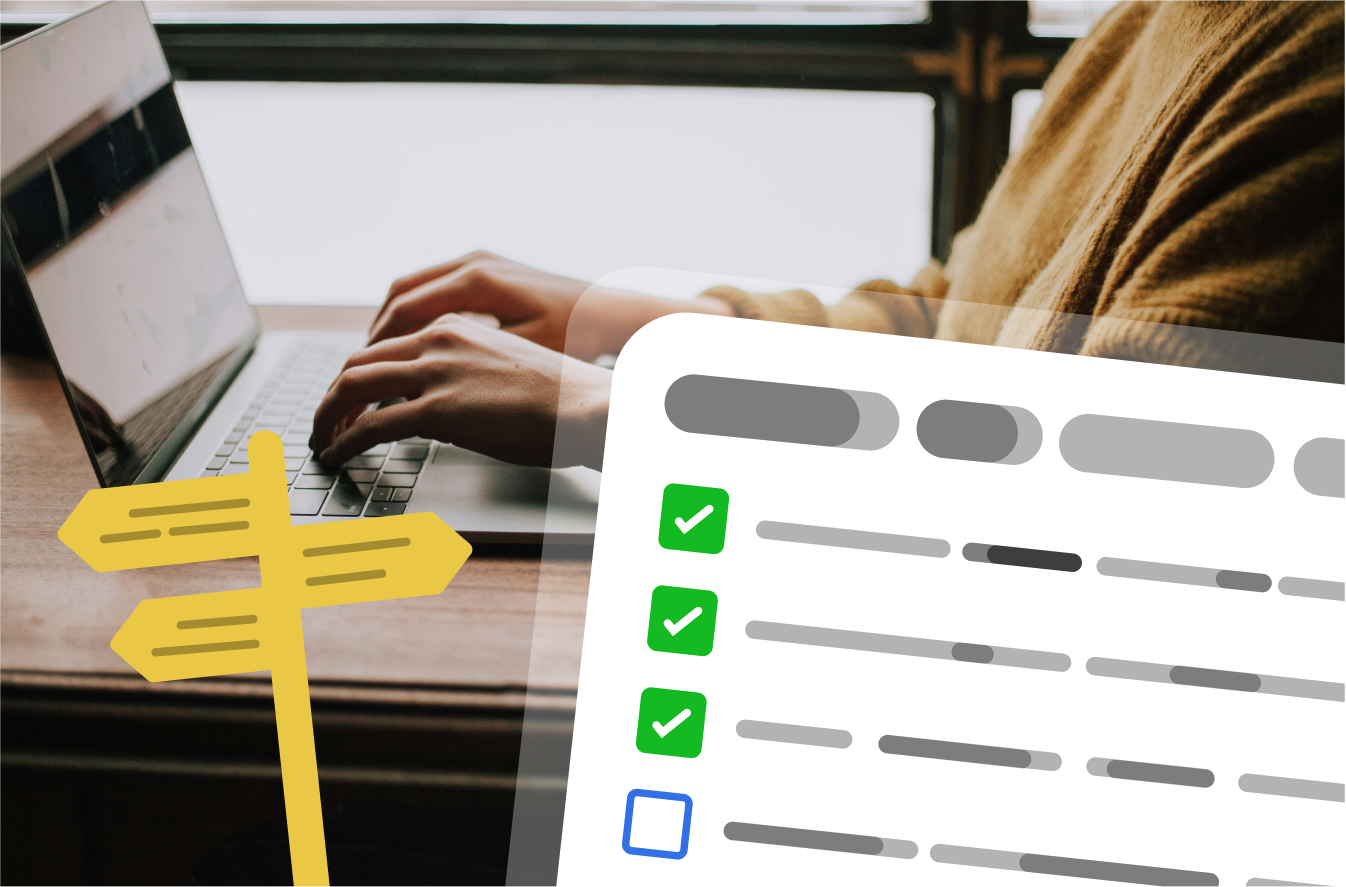High-performing, accessible and sustainable digital solutions
We develop fast, inclusive, and low-carbon digital platforms that solve real problems. We help organisations deliver quicker experiences, reach wider audiences, and reduce their environmental impact, without compromising on innovation or impact.
We Create Digital design professional websites and deliver web development projects for organisations of all sizes.
Let’s work on a project together!
Embark on a journey with us to transform your digital presence. Our collaborative approach ensures tailored solutions. Let’s bring your vision to life together.
Some of our recent work.


Sustainable technology solutions by design.
Sustainability is at the core of our work. We ensure that all of our web solutions are powered by clean energy hosting, are efficiently coded to minimise resource consumption, and incorporate smart energy-saving strategies.
As a result, we create high-performance websites that not only help end users achieve their goals, but also support a higher volume of concurrent users. This fosters better development practices and enhances overall user success.

















